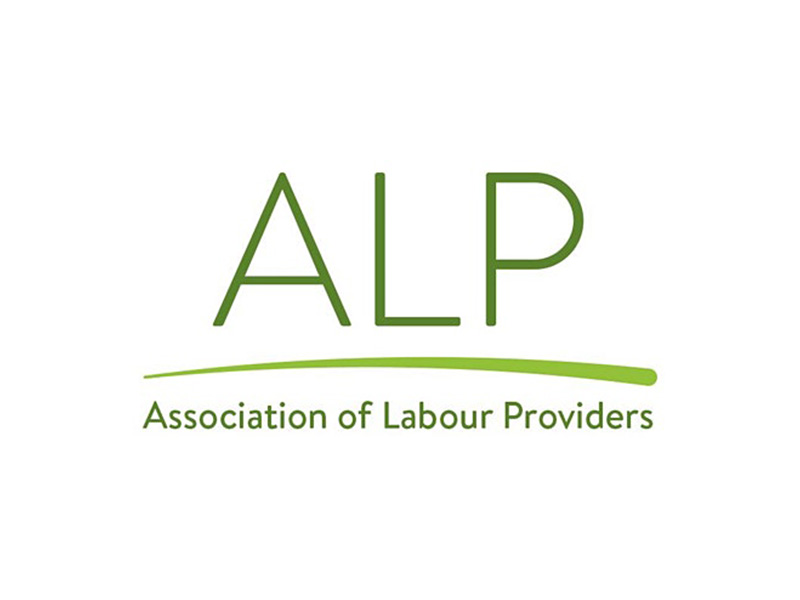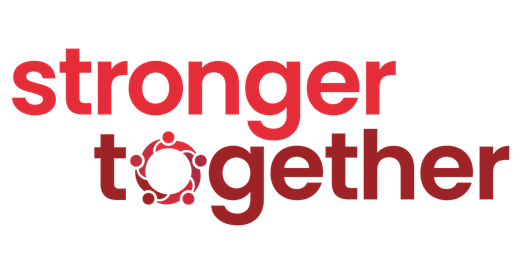You spend months fine-tuning your CV, preparing for interviews, and sending applications into the void. Then suddenly—boom! Not one, but two (or more) job offers land in your lap.
Exciting? Absolutely. Stressful? Oh, without a doubt.
Making the right decision isn’t always straightforward, and when the pressure is on, it’s easy to overthink, second-guess yourself, or rush into a choice you later regret. So, let’s break it down.
Here’s how to weigh your options, negotiate smartly, and make the best decision for your career—without losing your mind.
1. Don’t Panic—Give Yourself Breathing Space
First things first: don’t feel pressured to decide on the spot.
Employers might want a quick answer, but a rushed decision rarely leads to a good outcome. Most companies expect candidates to take a couple of days to evaluate an offer properly.
🛠 How to Buy Time:
- If Offer #1 comes in but you’re still waiting on Offer #2, politely stall:
👉 “Thank you so much! I’m really excited about this opportunity. I’d like to take a day or two to carefully review the details. When would be the latest you’d need my response?” - If Offer #2 comes in later, you can say:
👉 “I’ve received another offer, and I’d love to take some time to compare both opportunities before making my final decision. Would you be open to giving me until [specific date]?”
💡 Pro Tip: A company that’s unwilling to give you even 24-48 hours to decide might be a red flag.
2. Compare More Than Just Salary
It’s tempting to go for the highest salary, but money isn’t everything. A higher paycheck won’t make up for a toxic work culture, lack of career progression, or a soul-crushing commute.
Create a job offer comparison table with key factors:
| Factor | Job Offer 1 | Job Offer 2 |
|---|---|---|
| Base Salary | £XX,XXX | £XX,XXX |
| Bonus/Commission | £X,XXX | £X,XXX |
| Career Growth | High/Low | High/Low |
| Remote/Hybrid Work | Yes/No | Yes/No |
| Work-Life Balance | Good/Poor | Good/Poor |
| Team Culture | Strong/Weak | Strong/Weak |
| Job Stability | Secure/Risky | Secure/Risky |
| Benefits (Pension, Holiday, etc.) | X/Y | X/Y |
This helps you see the bigger picture instead of getting blinded by one standout feature.
💡 Pro Tip: Visualising your decision makes it easier to remove emotion from the equation.
3. Talk to Your Recruiter—They Can Help You Negotiate
If you’re working with a recruitment agency, use their expertise. They have insider knowledge about companies, industry standards, and whether you can push for better terms.
🛠 How to Approach It:
- Be honest about multiple offers—recruiters can help you position yourself as an in-demand candidate without coming off as arrogant.
- Ask for their insights—they might know which company has a better reputation or if one employer is more flexible than they seem.
- Use them to negotiate—if Offer #2 is stronger but you prefer Offer #1, let your recruiter help bridge the gap.
👉 “I love this role, but the salary/package at another company is higher. Is there any flexibility on the offer?”
💡 Pro Tip: Recruiters want to place you in the right role—it’s in their best interest to make sure you’re happy and well-compensated.
4. Think Long-Term: Which Job Aligns with Your Future?
It’s easy to focus on what a job offers now, but what about where it leads you?
Ask yourself:
✔ Does this job align with where I want to be in 3-5 years?
✔ Will it challenge me and help me grow, or is it just a safe option?
✔ Does the company invest in employee development?
If one job pays more now but doesn’t offer career progression, it might not be the smartest long-term move.
💡 Pro Tip: If you can’t see yourself growing in the role, it might not be the best choice—even if the salary is great.
5. Be Professional When Accepting (or Declining) an Offer
Once you’ve made your choice, handle the rejection process professionally. You never know when paths might cross again.
🛠 How to Decline an Offer (Without Burning Bridges):
👉 “Thank you so much for the opportunity. After careful consideration, I’ve decided to accept another offer that aligns more closely with my career goals. I really appreciate the time and effort your team has put into the process, and I’d love to stay in touch for future opportunities.”
Most employers respect a well-handled rejection—and it keeps doors open.
💡 Pro Tip: If you decline a job but loved the company, ask if you can stay connected for future roles.
6. Trust Your Gut (And Own Your Decision)
After all the analysis, there’s one final check: does this job feel right?
Sometimes, logic says one thing, but your gut tells you another. If something feels off about an offer—a rushed process, a pushy employer, or a culture mismatch—listen to that instinct.
💡 Pro Tip: If you feel relieved after making a choice, you probably picked the right one.
Final Thought: The Right Job is More Than Just a Paycheck
When choosing between multiple job offers, take control of the process.
- Give yourself time—don’t rush.
- Compare everything, not just salary.
- Use your recruiter to negotiate better terms.
- Think long-term—where will you be in 3 years?
- Decline offers professionally—never burn bridges.
And most importantly? Trust yourself. The right decision is the one that moves you forward—not just today, but for the future. 🚀










